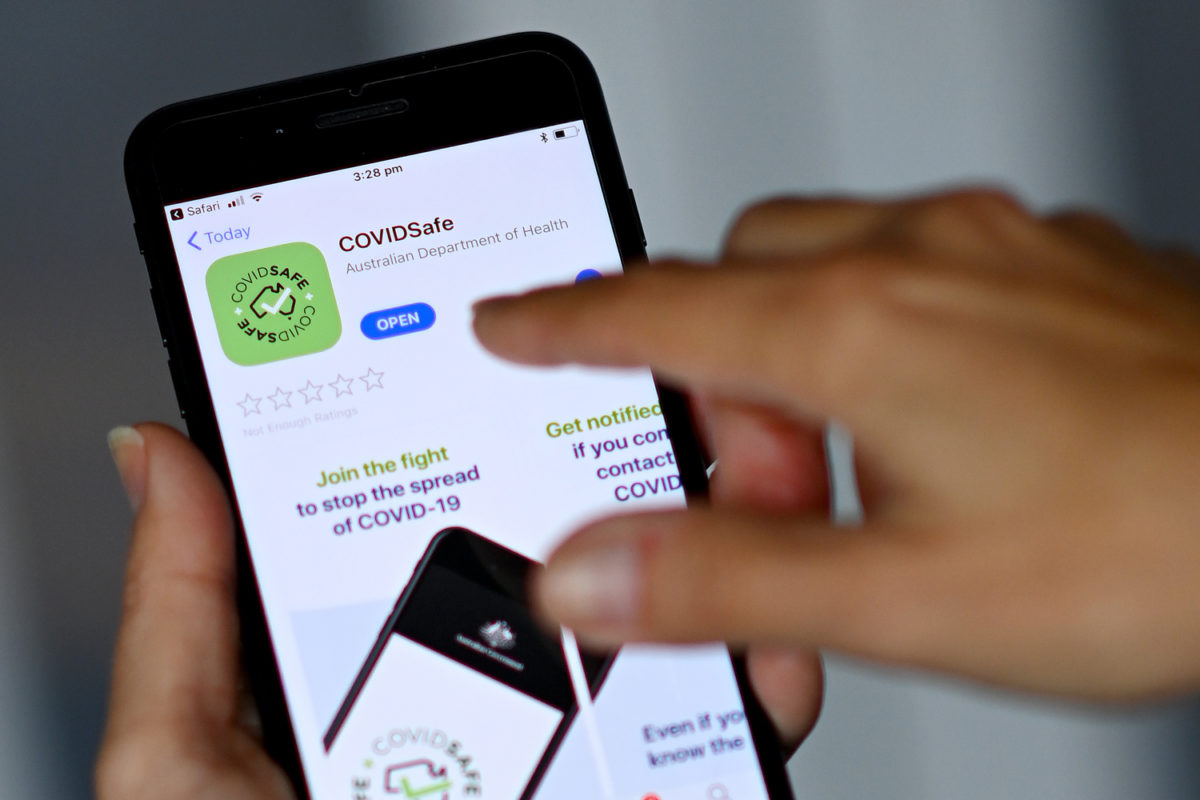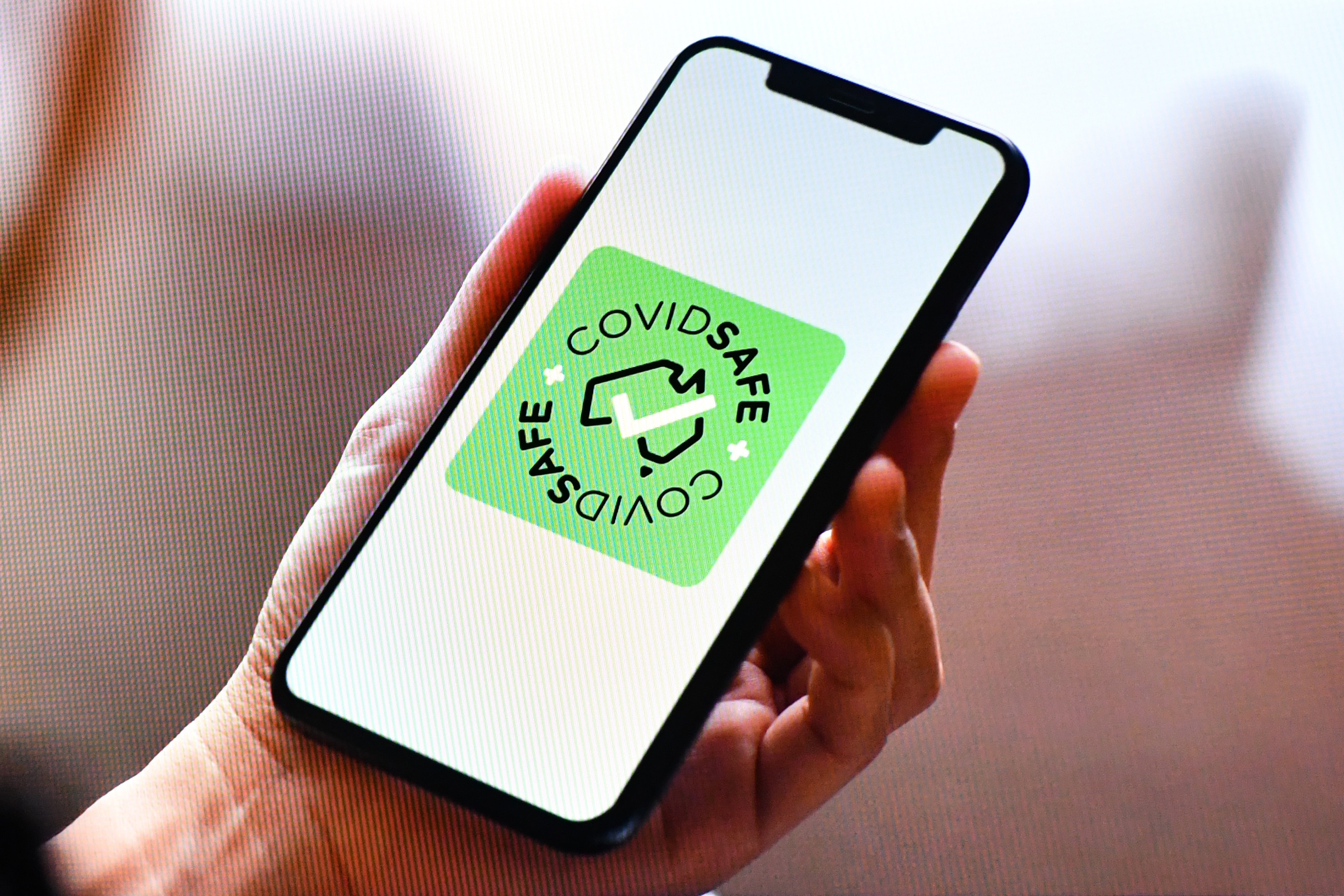Over the weekend, the Australian government launched COVIDSafe, to help monitor potential transmission of COVID-19. However, many have expressed their concerns regarding citizen privacy and civil liberties – what are the possible threats?

Around the world, several countries are making the most out of global connectivity by creating smartphone apps to observe the virus. These apps have allowed citizens to track their symptoms, observe potential hotspots and access reliable information about the virus. The Australian government is one of many to introduce a contact tracing app – that is, COVIDSafe helps determine whether or not someone has been in close contact with someone who has the virus.
COVIDSafe operates on the basis that Bluetooth will always be on, as it will detect if you are close to someone who also has the app. This will result in an exchange of individual, anonymised IDs, which are encrypted and deleted every 21 days. If someone with the app were to test positive for coronavirus, the app uses signal strength and other criteria to determine who needs to be contacted.

The app launched smoothly and successfully, with no crashes and over 1.2 million users registering within 12 hours of the app’s launch. Although registration with COVIDSafe is not mandatory as it is an opt-in platform, the Government has said that it requires 40% of Australians, the equivalent of 10 million people, must download the app for it to be successful at tracing contacts. The app, which uses source code from Singapore’s contract-tracing app TraceTogether, has promised to encrypt and anonymise user data. However, over 57% of voters in a poll have said that they are concerned about how the app collects personal information. So, what exactly could go wrong?
The government has hammered in the promise of data security, however, some unknowns remain. Although chances are low, the app’s reliance on Bluetooth renders the connection inherently vulnerable, as third-parties have the potential to interfere. The information on the app is held by Amazon Web Services, and although it is stored in Australia, legal experts have warned that there is possibility that US legislation pertaining to cloud services may not apply here.

This model of contact-tracing is not the be-all and end-all of COVID-19 detection technology. Germany for example, has opted for a ‘decentralised’ approach, meaning that contact data is only stored on devices, rather than the government being in control of the data. A British cyber-tech company, VST Enterprises, has created the app “V-Covid” which works on an authentication basis, enlisting health-care professionals to verify on the platform. The V-Covid Digital Health Passport does not require the constant tracing of citizens, a feature which has the potential to be counterproductive and anxiety inducing in this time. The platform instead uses a code-scanning technology in order to determine whether or not interaction is safe.
Making the most out of today’s technology is undoubtedly an effective way of monitoring the virus. However, in a time of greater collective consciousness about who has our information and where exactly it goes, we might not give up our privacy too easily.
Subscribe to FIB’s Weekly Alchemy Report for your weekly dose of music, fashion and pop culture news!







